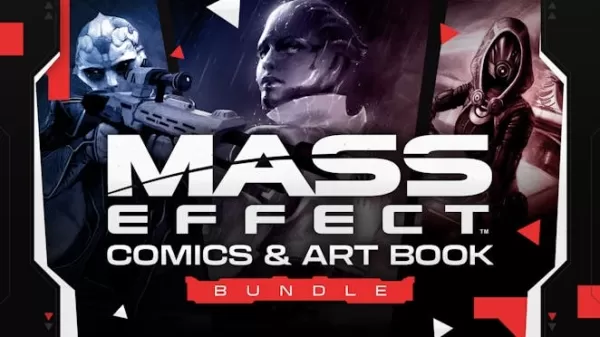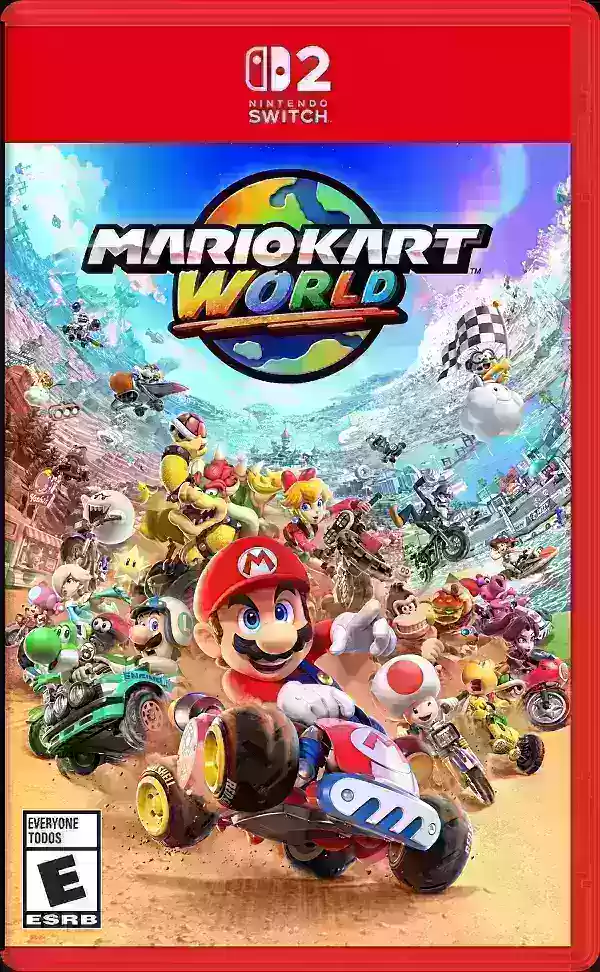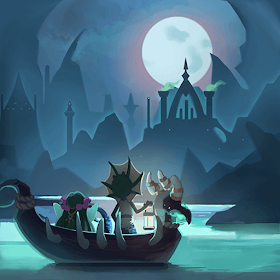The Doom series has long been synonymous with the raw energy of metal music, a connection as evident as the iconic demonic imagery that adorns its universe. From the fiery pits of hell to the haunting echoes of its soundtracks, Doom's aesthetic mirrors the intensity of bands like Iron Maiden, showcasing a visual and auditory marriage that has evolved alongside the game over its 30-year history. This synergy has seen Doom traverse various metal sub-genres, from its thrash origins to the modern metalcore sounds of Doom: The Dark Ages.
In 1993, the original Doom burst onto the scene with a soundtrack heavily influenced by the metal giants of the late '80s and early '90s. Co-creator John Romero has openly acknowledged the impact of bands like Pantera and Alice in Chains, evident in tracks like "Untitled" for the E3M1: Hell Keep level, which echoes Pantera's "Mouth of War." The game's score, crafted by Bobby Prince, embraced the thrash genre, propelling players through Mars' corridors with the same urgency as a Metallica or Anthrax riff, perfectly complementing Doom's fast-paced, adrenaline-fueled gameplay.
Doom: The Dark Ages - Gameplay Screenshots
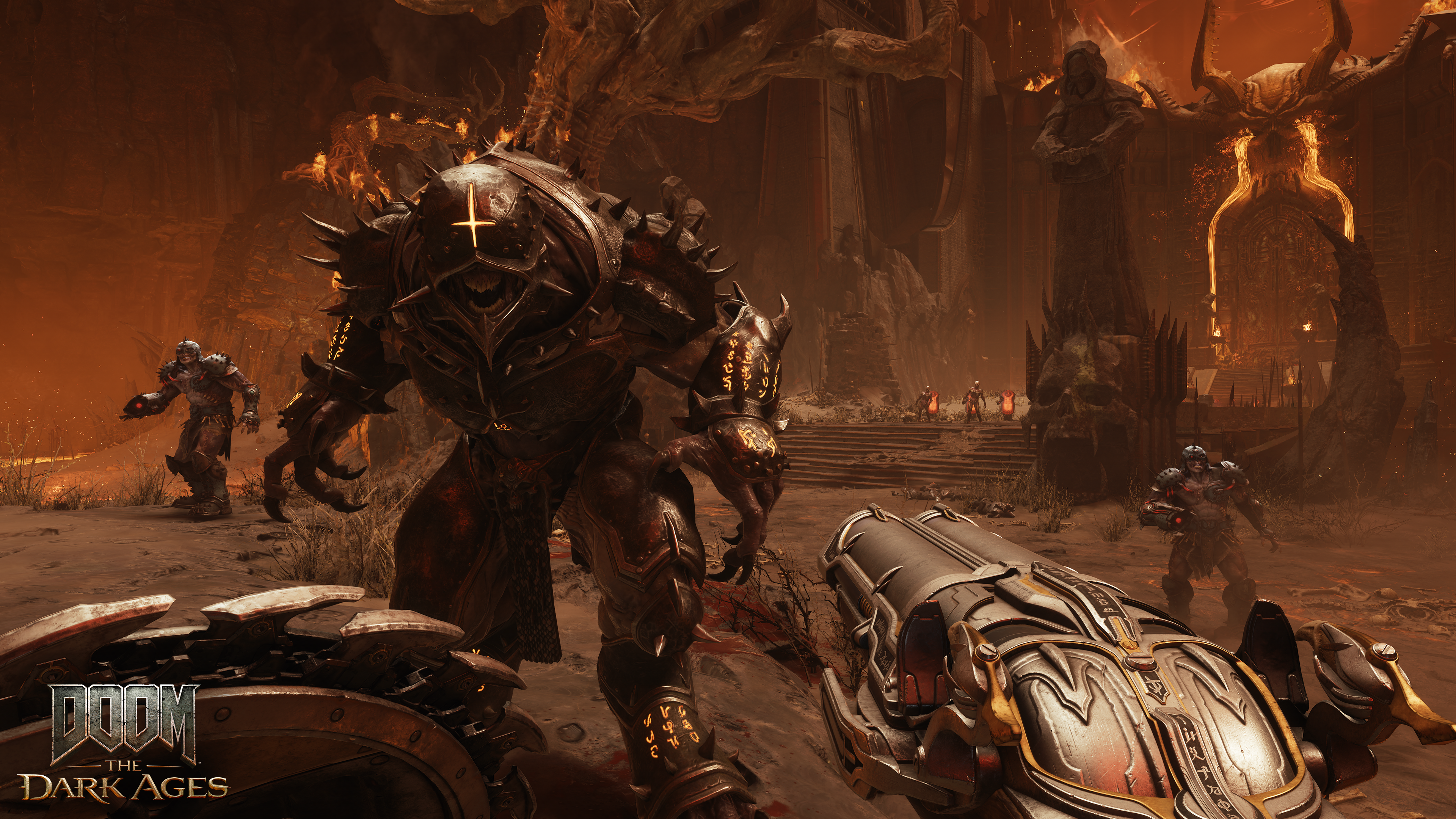
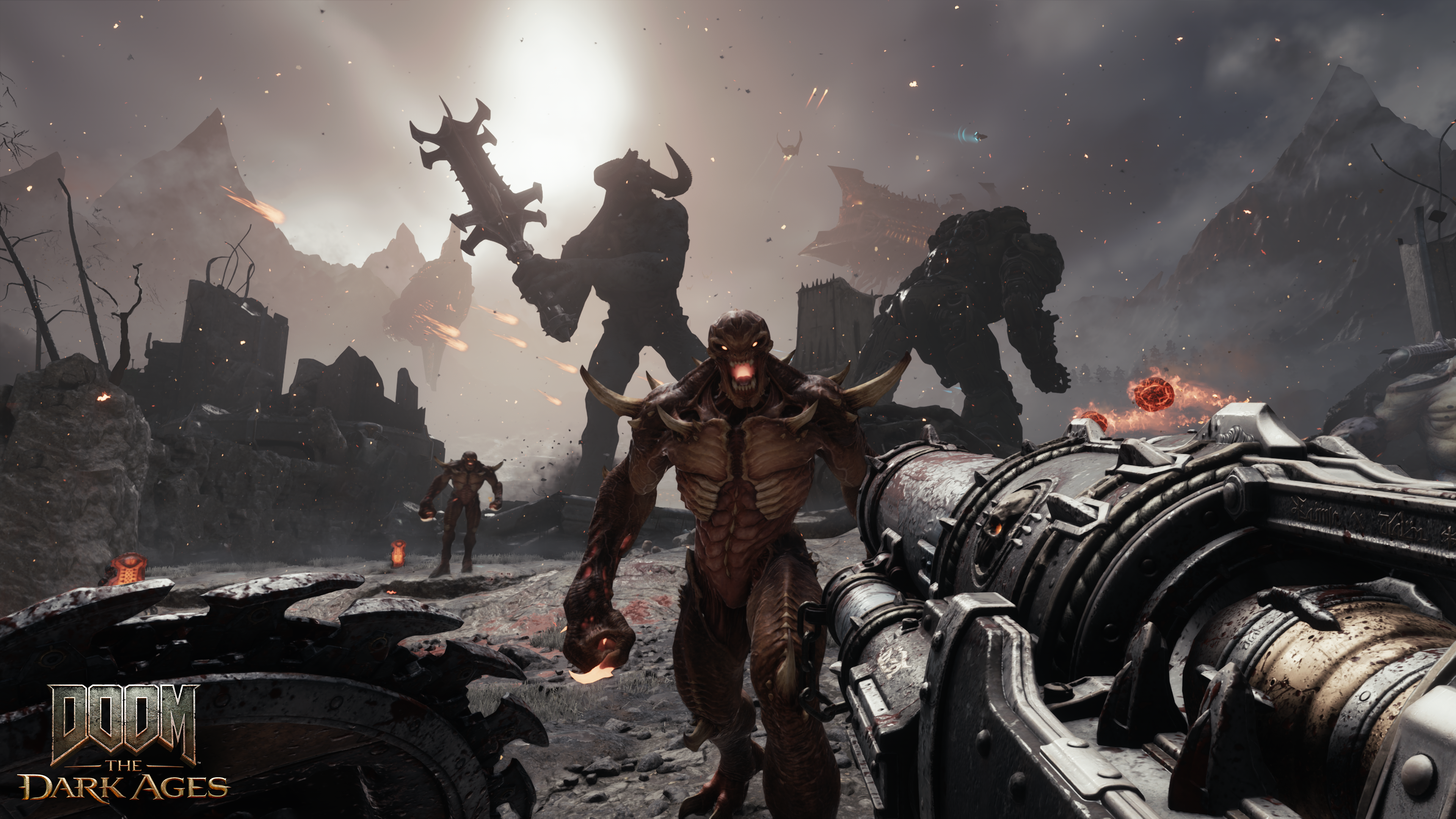 6 Images
6 Images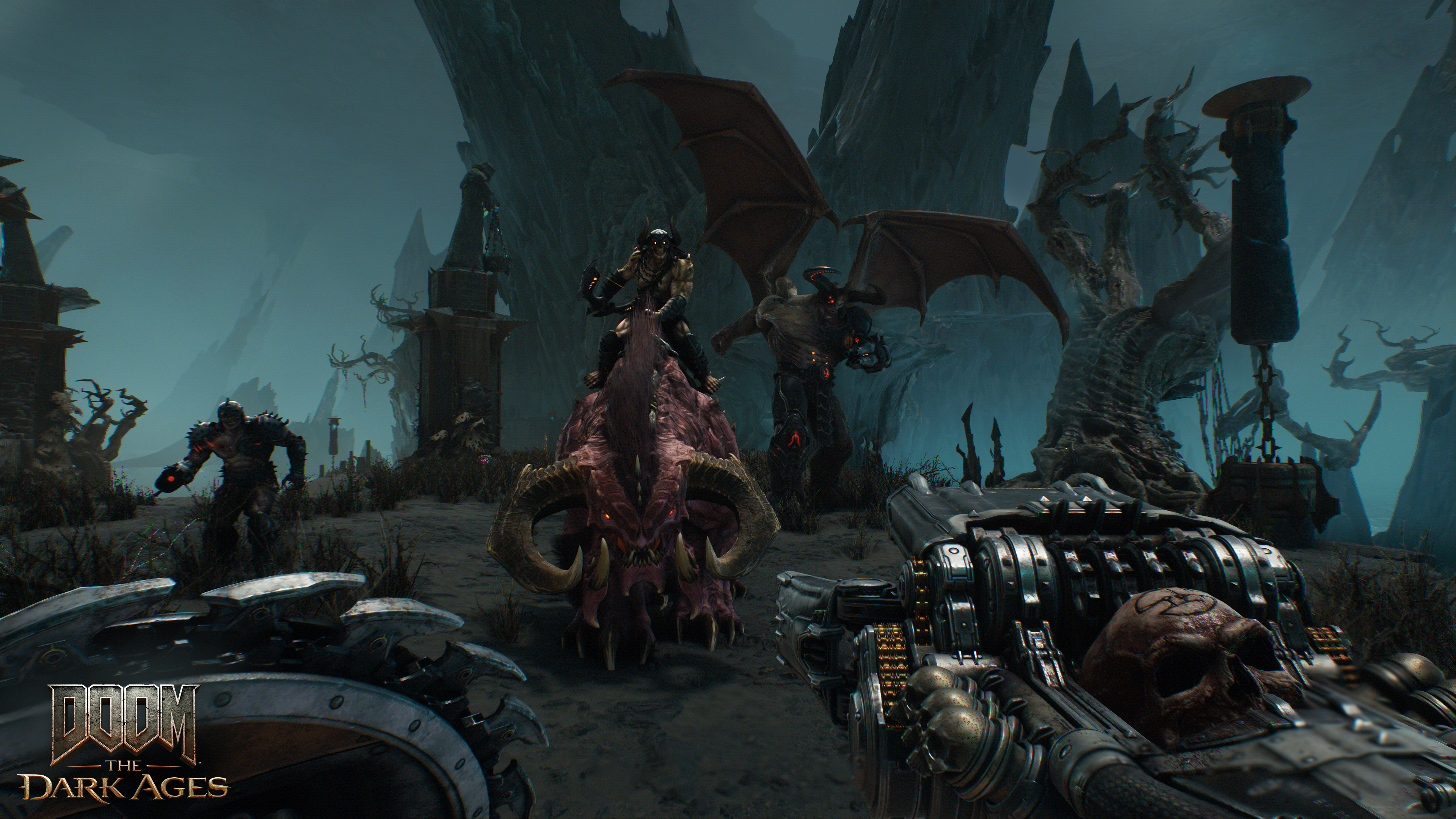
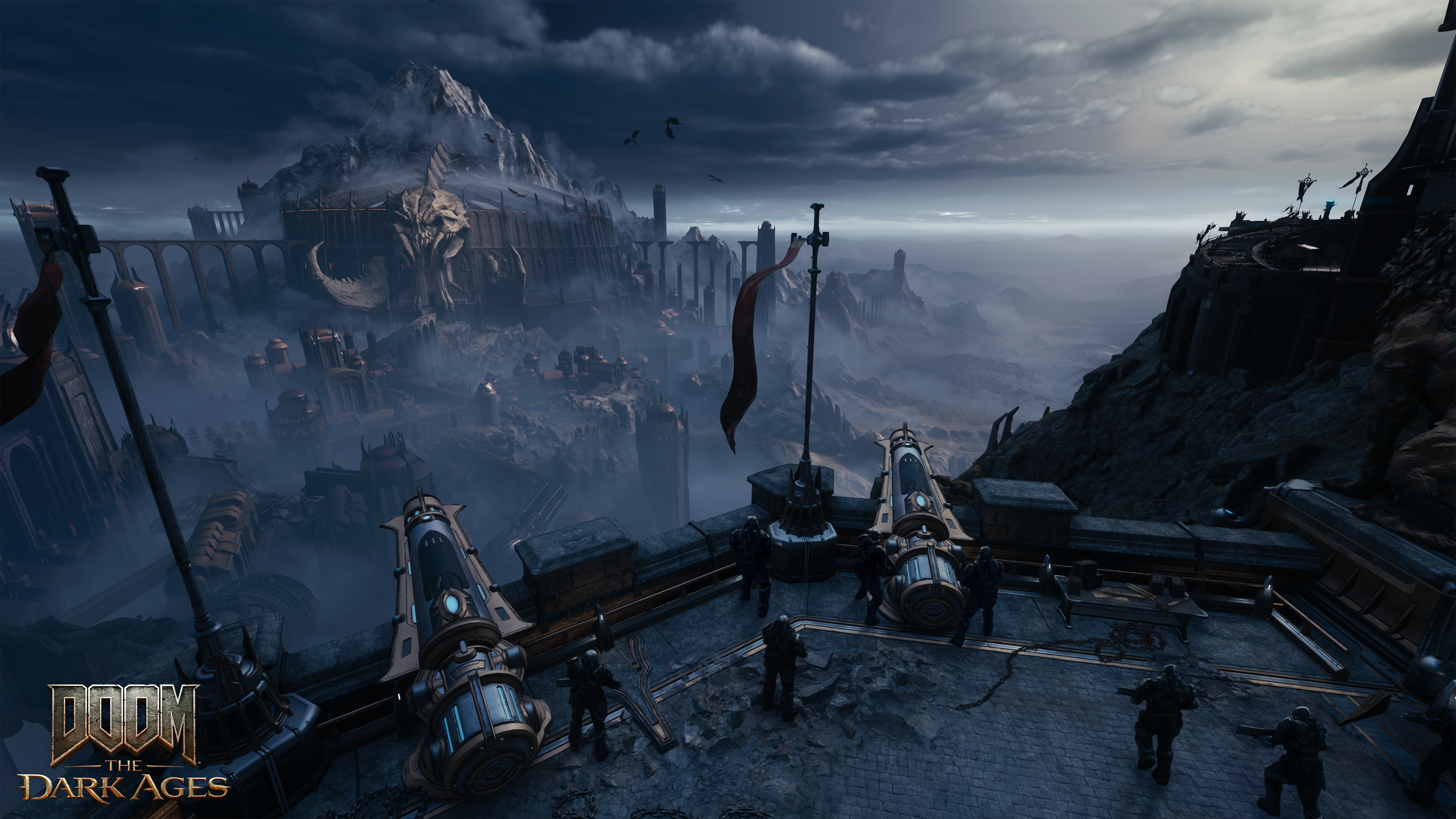
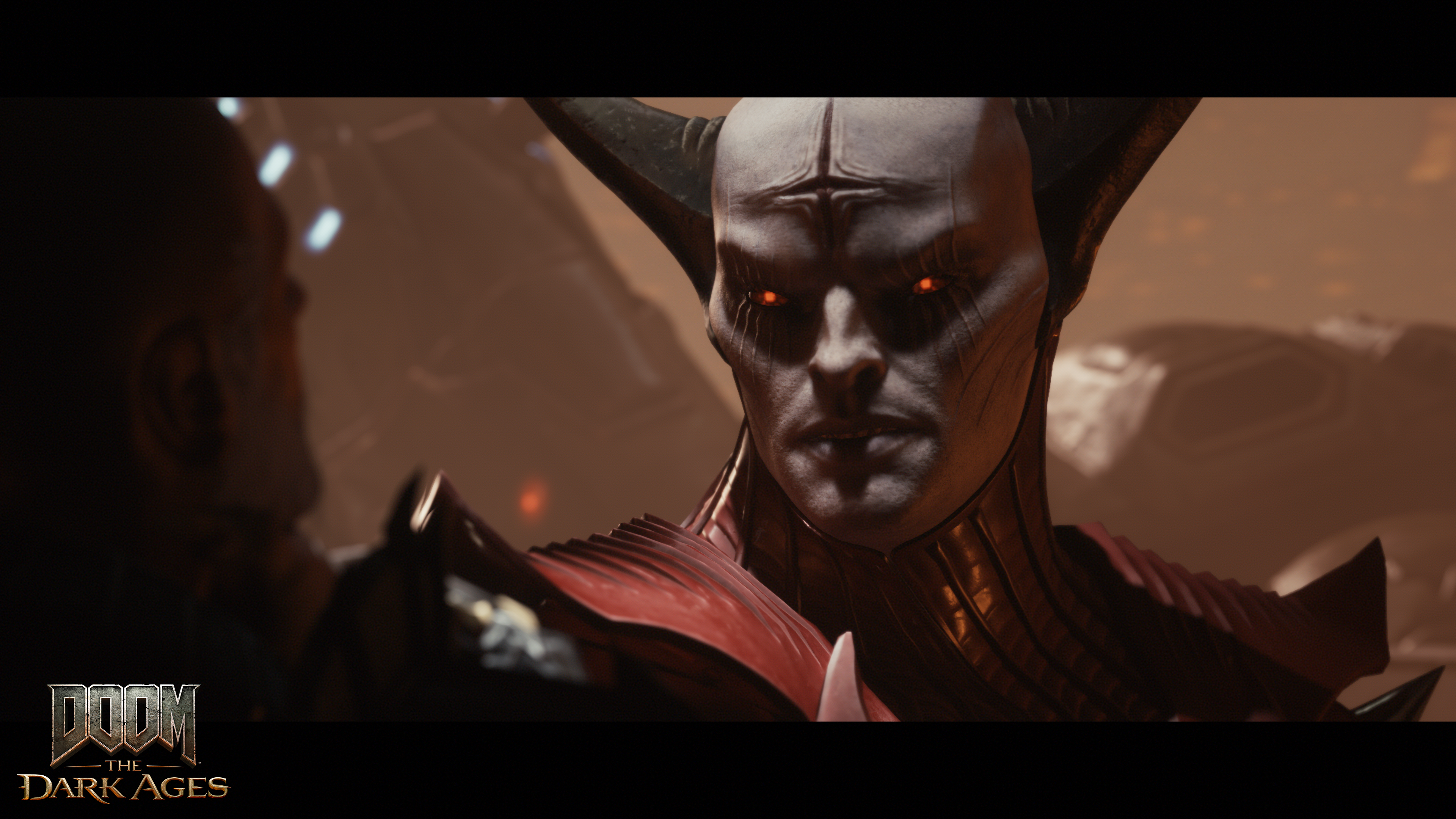
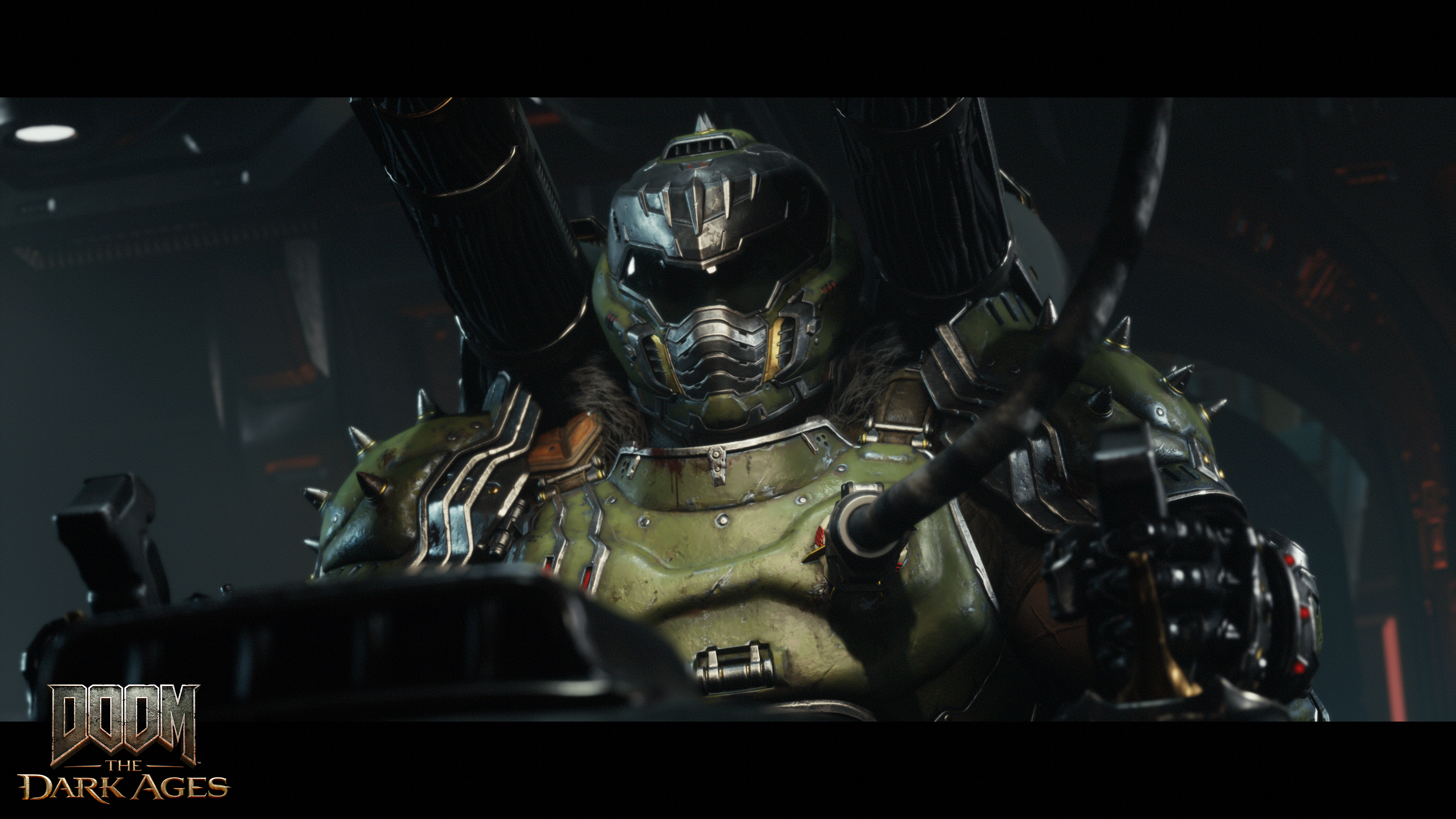
For over a decade, Doom's music and gameplay remained intertwined, but the release of Doom 3 in 2004 marked a significant shift. This game ventured into survival horror, necessitating a slower, more atmospheric soundtrack. Although an initial plan to involve Trent Reznor fell through, Chris Vrenna and Clint Walsh took over, drawing inspiration from Tool's progressive metal sound. Doom 3's main theme, reminiscent of Tool's "Lateralus," provided a fitting backdrop to the game's eerie sci-fi setting, despite the game's controversial gameplay mechanics like the flashlight limitation.
Doom 3, while a commercial success, represented a deviation from the series' traditional fast-paced action. This period coincided with a broader evolution in FPS games, influenced by titles like Call of Duty and Halo, and a similarly transformative time in metal music. Doom 3's soundtrack, though not as iconic as Tool's work, effectively complemented its experimental gameplay, marking a bold, if divisive, chapter in the series' history.
After a hiatus, Doom returned triumphantly in 2016, revitalized by directors Marty Stratton and Hugo Martin. The game's soundtrack, composed by Mick Gordon, was a groundbreaking djent-inspired score that perfectly matched the game's relentless pace. Tracks like "BFG Division" became iconic, pushing the boundaries of both gaming and metal music. This reinvention set a high bar, making the follow-up, Doom Eternal, a challenging endeavor.
Doom Eternal, released in 2020, saw Gordon return, though his involvement was marred by disputes with id Software. The resulting soundtrack leaned into the metalcore genre, reflecting contemporary metal trends and Gordon's work with bands like Bring Me the Horizon and Architects. While still heavy, Eternal's music and gameplay introduced more experimental elements, such as platforming and puzzles, diverging slightly from the raw intensity of its predecessor.
Doom: The Dark Ages introduces a new chapter, blending traditional Doom gameplay with innovative elements like mechs and dragons. The game's slower pace and unique combat mechanics, such as the Captain America-inspired shield, demand a versatile soundtrack. New composers Finishing Move draw from both past and present metal influences, incorporating the heavy breakdowns of bands like Knocked Loose alongside thrash elements reminiscent of the original Doom. This blend aims to match the game's expansive, brutal combat with a soundtrack that can shift from heavy to agile, reflecting the game's dynamic nature.
The evolution of Doom mirrors the evolution of metal music, with each installment pushing boundaries and experimenting with new sounds and gameplay mechanics. As Doom: The Dark Ages approaches, fans can look forward to a thrilling blend of traditional and innovative elements, promising an experience that honors the series' legacy while forging new paths. Whether it's the raw power of its combat or the intensity of its soundtrack, Doom continues to be a cornerstone of both gaming and heavy music culture.

